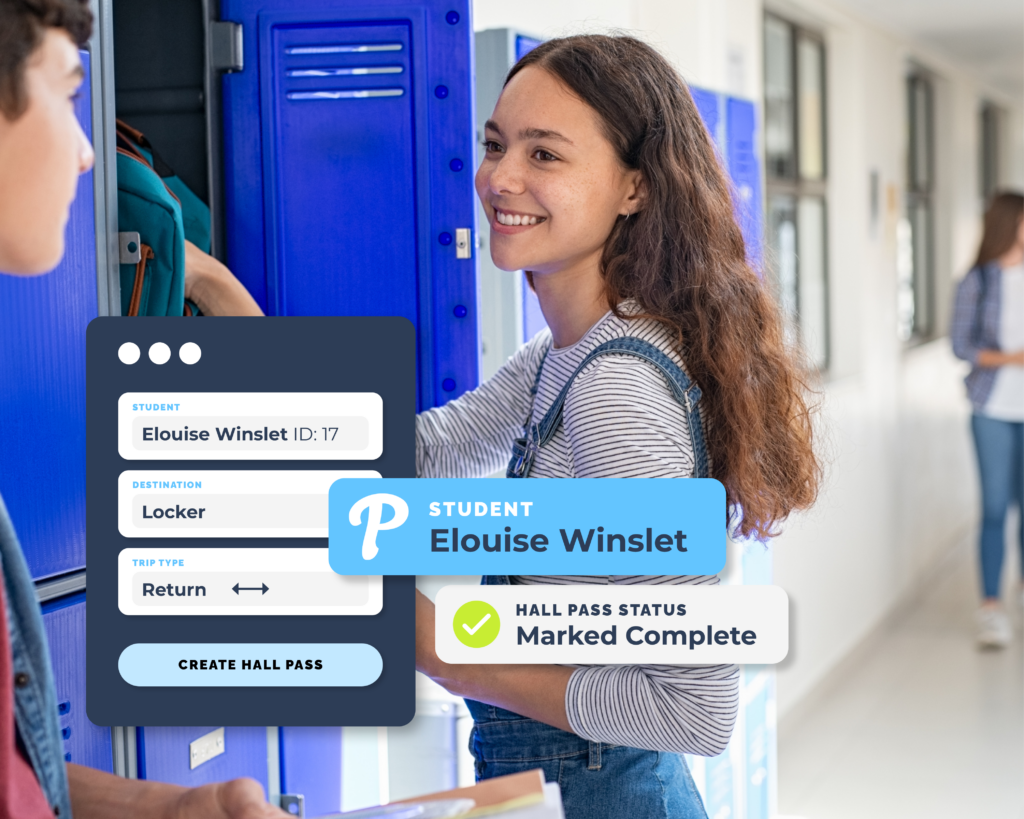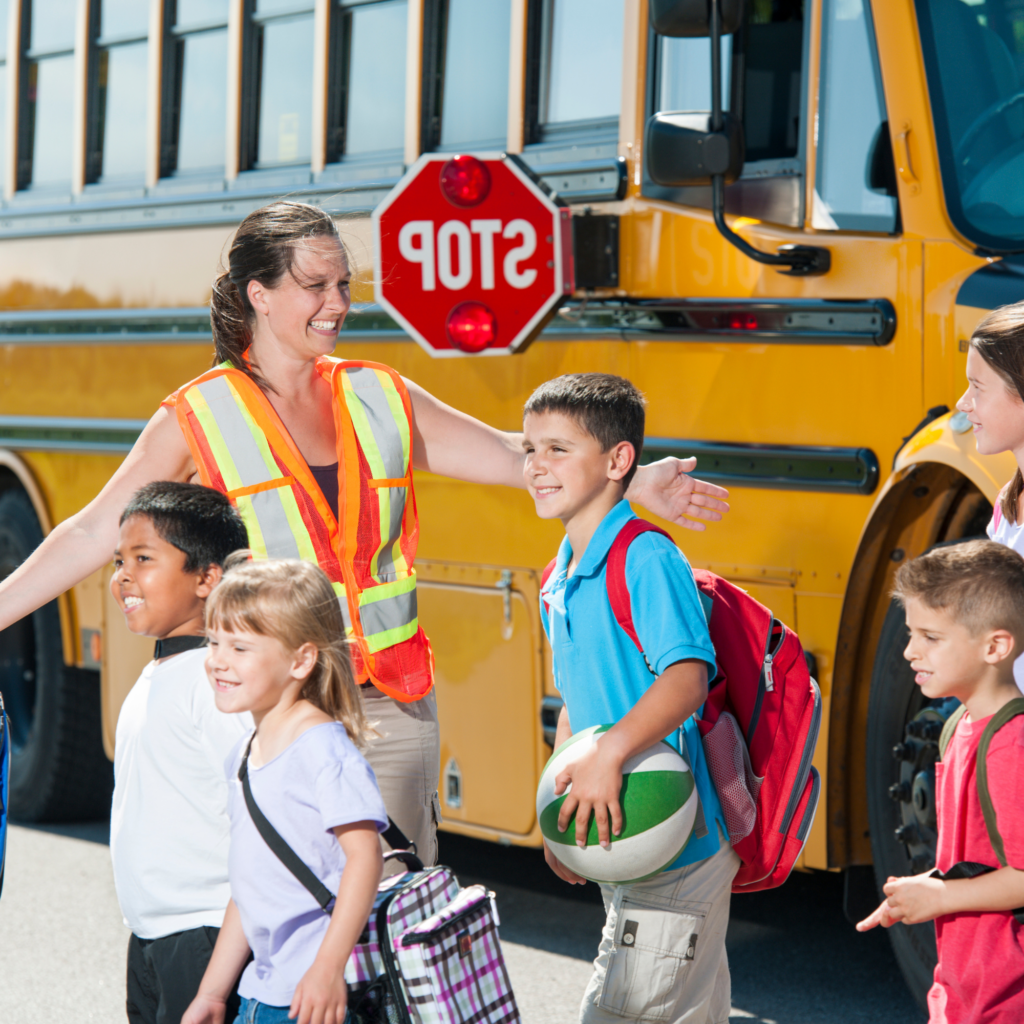13 Reasons Why
On March 31, 2017 Netflix released a fictional series entitled “13 Reasons Why” also known as 13RW. 13RW is based on a book of the same name. 13RW chronicles the life and ultimate suicide of seventeen-year-old Hannah Baker. The series graphically portrays Hannah’s sexual assault, insensitive counselors and suicide. Various media outlets have observed that 13RW glamorizes suicide and the dark content is unsuitable for children under age eighteen without parental supervision. Artistic expression is essential in our society but also must be balanced with insightful social responsibility. The “13” references 13 audio cassettes Hannah created for the 13 people who she believed contributed to her suicide. The National Association of School Psychologists have commented “the series, which many teenagers are binge watching without adult guidance and support is raising concerns from suicide prevention experts about the potential risks posed by the sensationalized treatment of youth suicide”. The Guardian reports that New Zealand has created a special ratings category as a result of this series. In essence, New Zealand bans under 18-year-olds from watching a suicide drama without the presence of an adult. School districts across the U.S. in states such as Ohio, Minnesota, New Jersey and Florida have sent letters to parents alerting them to the existence of the series and to raise awareness about how the series may impact the emotional safety of their children. These letters encourage dialogue about this complex topic.
Talking Points for Families
- In 2013, the Canadian Medical Association Journal reported that exposure to a classmate’s suicide was associated with being 5 times more likely to have suicidal thoughts. “Suicide Contagion” is a described medical phenomena.
- Talking openly about suicide with a parent, teacher, friend or coach is ok. When someone you know who is expressing suicidal thoughts, please do not keep this a secret.
- Suicide or suicidal thoughts are not normal, common responses to stress.
- If you or someone you know is feeling suicidal — get them help and also tell an adult.
- Parental supervision of the content that children view on media is essential to keeping them healthy and happy.
- People often identify with characters they see on media. Ask for help when you may be dealing with drug abuse, bullying, rape, depression or anxiety. The sooner you ask for help the better.
- It may take a couple of tries to find the best help – do not give up!
- Suicide rates are increasing among children, adolescents and young adults.
- Hannah is not a hero for having completed suicide. In fact, her suicide is a tragic event that evokes only pain for the survivors.
- Talking to someone who is having suicidal thoughts can be frightening. First, stay calm. Second, make sure you help the person get assistance. Third, it is ok to tell an adult. This is a serious thing and should not be ignored but treated with kindness.
- Emotional states of children are easily influenced by what they see, hear, observe and experience. Because of immature brain development, children are prone to act impulsively.
- Mixing alcohol, drugs and prescribed medication can worsen suicidal behavior.
- Suicide is a final act with no associated reversal or glory. Celebrating suicidal behavior is dangerous and unacceptable.
If you or someone you know needs immediate help with suicidal thoughts-call 800.273.TALK (8255) or text “start” 741741.



